Durham University Business School Appoints Dr Helen Meese As Entrepreneur In Residence – Leading The Future Of Healthcare Project
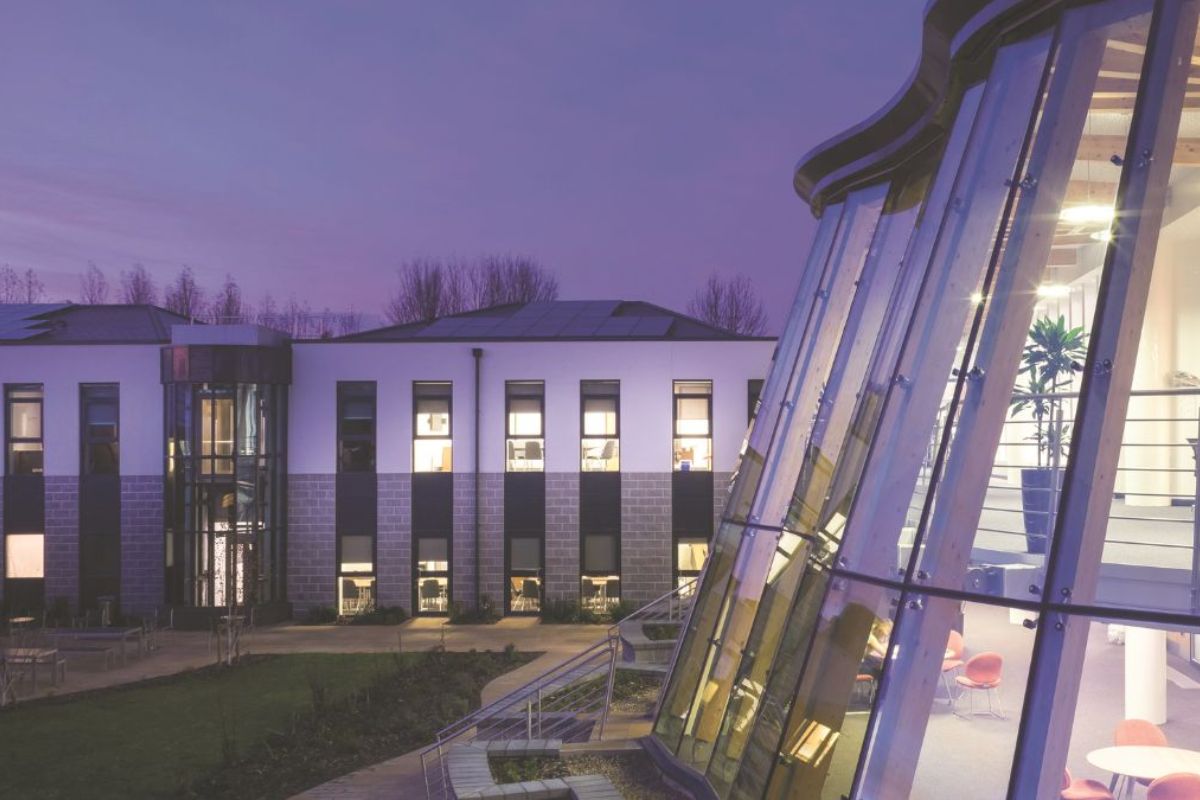
Durham University Business School has appointed Dr Helen Meese to its faculty, in the new position of Royal Society Entrepreneur in Residence.
Dr Meese is an award-winning mechanical engineer with extensive experience in medical technology and healthcare innovation. Her career spans both industry and academia including roles as Head of Engineering in Society and Head of Healthcare at the Institution of Mechanical Engineers. Helen also run her own successful engineering consultancy, The Care Machine. She has been instrumental in the creation of several public policy pieces including her most recent which focuses on Sustainability within the NHS, due to be published early next year.
Her appointment has been made through The Royal Society Entrepreneur in Residence (EiR) scheme, part of its Science, Industry and Translation programme, which aims to increase the knowledge and awareness in UK universities of cutting edge industrial science, research and innovation.
“Dr Meese’s expertise across the medical engineering sector and experience as a successful entrepreneur will help ensure that the work done through the scheme can become a significant force for public good.”
Dr Joanna Berry
The scheme provides opportunities for enthusiastic, highly experienced industrial scientists and entrepreneurs to spend one day a week at a university developing a bespoke project to expose university staff and students to state-of-the-art industrial research and development, and the scientific challenges faced by industry, provide support and expert advice and grow confidence in and understanding of business and entrepreneurship among staff and students.
Dr Joanna Berry, Associate Dean for Engagement at Durham University Business School says;
“I am delighted that we have been successful in an application to appoint Dr Meese, as Royal Society Entrepreneur in Residence at the Business School, and the many varied opportunities for engagement, internally and externally, that this appointment will bring. In particular, Dr Meese’s expertise across the medical engineering sector and experience as a successful entrepreneur will help ensure that the work done through the scheme can become a significant force for public good.”
Commenting on her appointment, Dr Meese said;
”I am thrilled to have been awarded the EiR fund and to be taking up this post at Durham University. It is a wonderful opportunity to bring the fields of engineering and business together to develop novel solutions to challenges facing society. I look forward to working with both staff and students in the coming years.”
As part of her role, Dr Meese will be spearheading the Business School’s Engineering the Future of Healthcare project, focusing on building and broadening the knowledge and skills of students and staff across Durham University to better understand and tackle the global challenges of sustainable healthcare and innovative technology.
The project will provide insight into the need for effective and thoughtful inclusive design and ‘design for planet’ approaches to ensure healthcare technology can become accessible to all, creating positive engagement opportunities between students, the wider university, and local and national enterprises.
It is proposed that the project will embed four key themes;
- Sustainability & Resilience of Technology – bringing awareness of how people impact health and healthcare across the globe and the subsequent impact upon business models and supply chains
- The need for frugal design – ensuring that designs are accessible, inclusive and equitable for all
- Thinking beyond engineering – using systems approaches to work with those outside of the STEM community to ensure greater communication of ideas
- Creating entrepreneurial mindsets – giving everyone a voice to bring ideas to life
These themes will be explored through a series of workshops, seminars and masterclass sessions which will be timetabled to coincide with departmental courses and thematic programmes of work within the University, throughout the year.
In her new capacity, Dr Meese will work from the Business School in partnership with Durham University’s globally renowned Energy Institute, and other colleagues from the wider Durham University in disciplines such as sustainability, renewables, supply chain, business model innovation, design thinking, Equality Diversity and Inclusion (EDI), women in STEM and entrepreneurship.
“She will also play a role in the School’s new MSc in Energy Engineering Management, run in partnership between the Business School and Durham Energy Institute, as well as Executive Education.”
Professor Neil Walton, Deputy Head of the Department of Management believes Dr Meese will provide a pivotal link between the Business School, the wider University and local enterprise.
Professor Walton says;
“Entrepreneurship and innovation lie at the core of many of the activities within our Business School. Many of these are initiated within our Durham Enterprise Centre, which supports numerous SME and Start-up companies in development within the North-East. Further, we have extensive contact with Engineering through join programs and our university-wide Energy Institute. Within health, we contribute actively to the Wolfson Health Institute which supports numerous health innovation technologies. Through these mechanisms, there are multiple avenues by which Dr Meese can collaborate, network and foster our joint values.”
About Durham University Business School
Durham University Business School is an integral part of Durham University, one of the oldest established universities in the UK and a QS Top 100 World University.
Founded in 1965 the School is one of the UK’s longest established business schools and has over 36,000 alumni from more than 140 countries.
It is triple-accredited placing it in the Top 1% of business schools globally (accredited by: AACSB (Association to Advance Collegiate Schools of Business), AMBA (Association of MBAs) and EFMD/EQUIS (European Quality Improvement System)).
Ranked 66th in the Financial Times European Business School Ranking (December 2022). The Economist Which MBA also ranked Durham 67th globally and 2nd in the UK for the most recent ranking of the flagship Full Time MBA programme.
It provides business education from undergraduate/bachelor’s degrees, through to PhDs and Doctor of Business Administration. Executive Education provision completes the offering.
Internationally diverse. Staff and students represent more than 100 nationalities.
Globally connected with over 380 partners from across 68 industry sectors.
12 research centres with research-active academics providing world-leading and internationally recognised research.
The fourth faculty of Durham University with four constituent departments: Department of Accounting, Department of Economics, Department of Finance. Department of Management and Marketing.
For more information on Durham University Business School visit here.

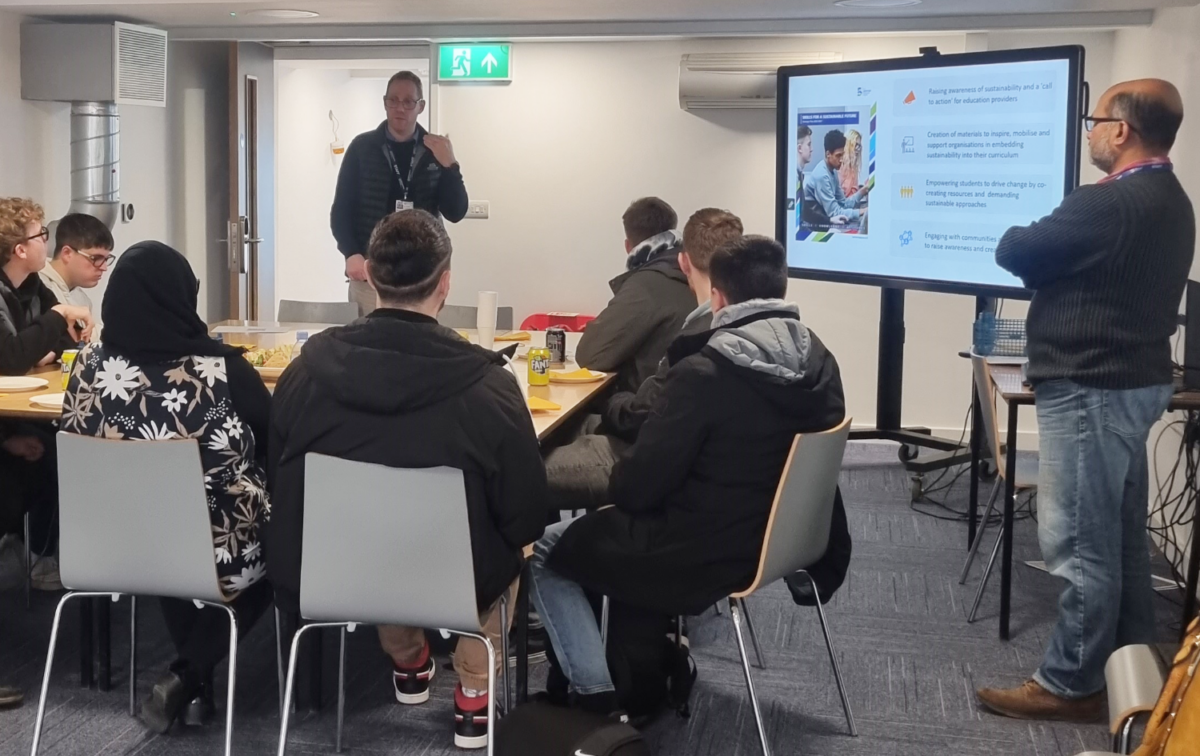
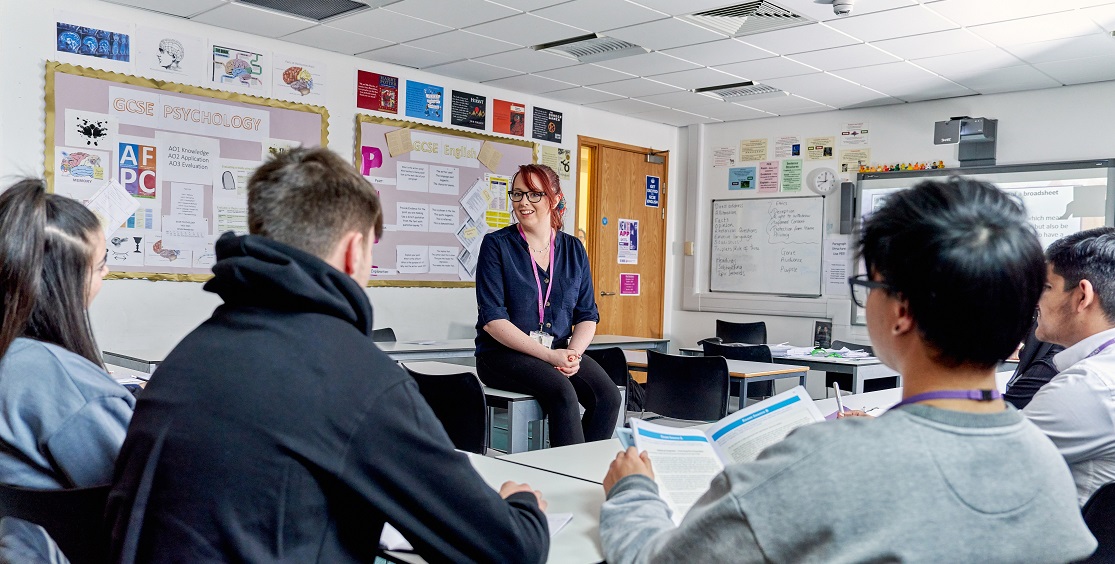
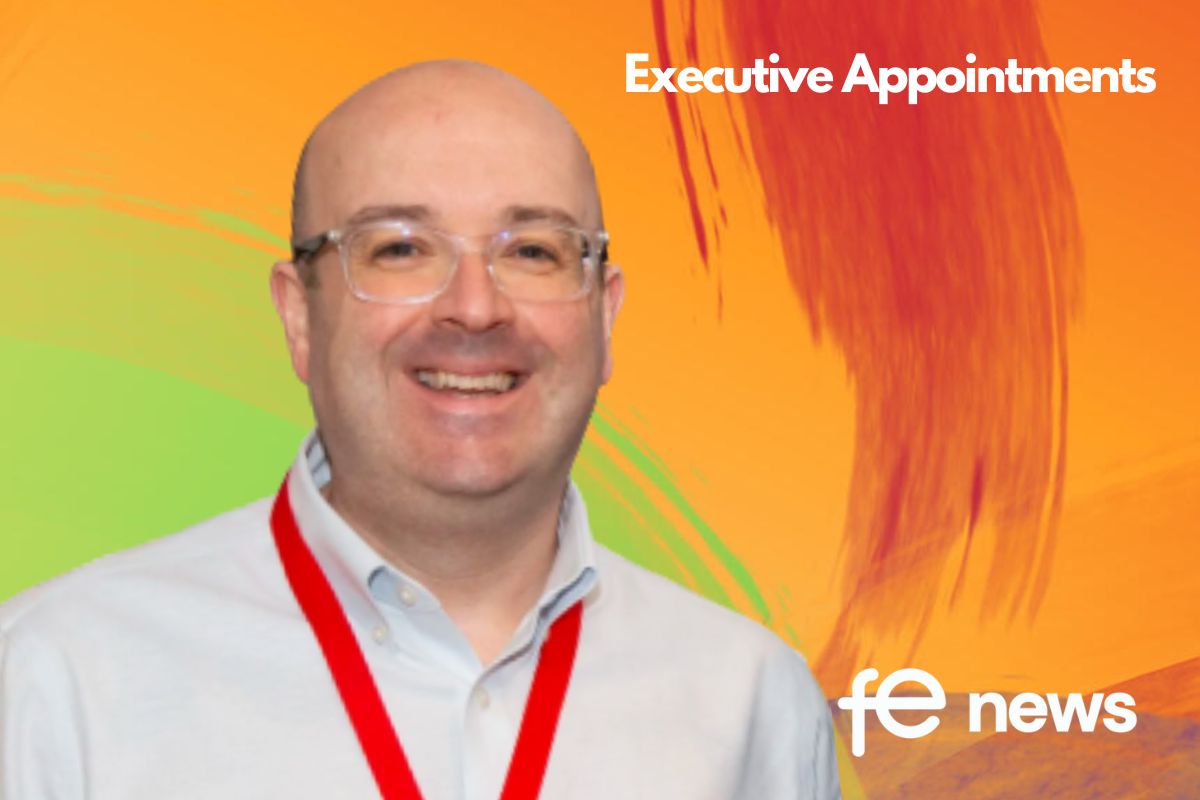
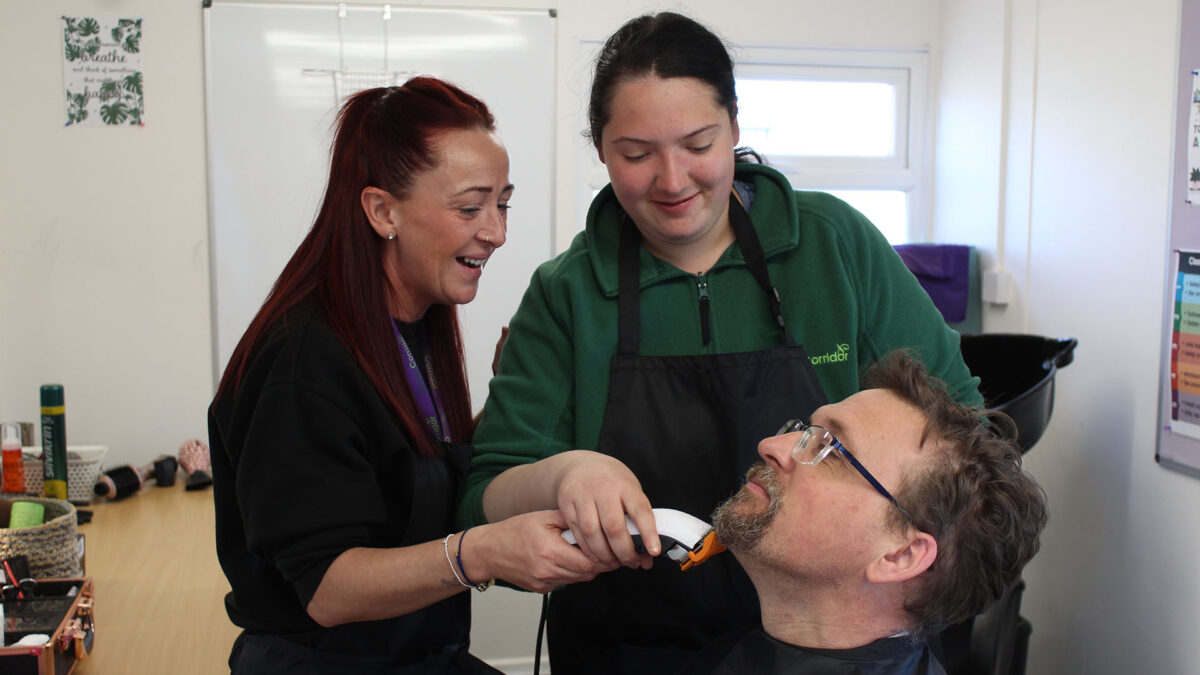

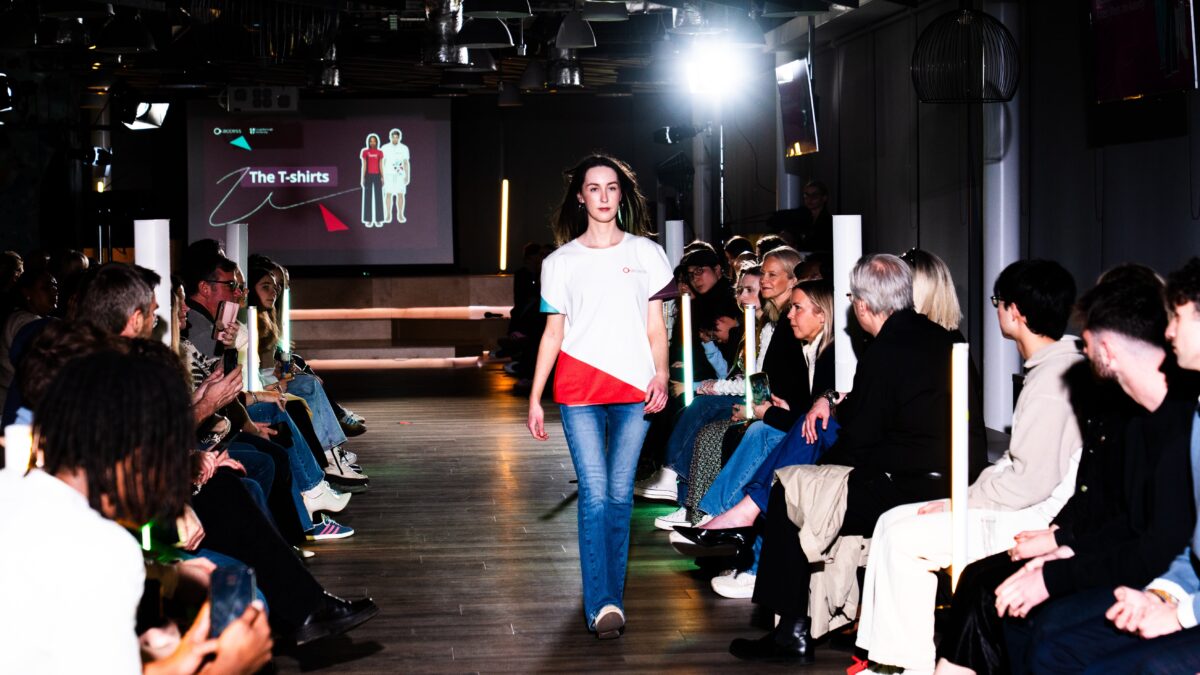

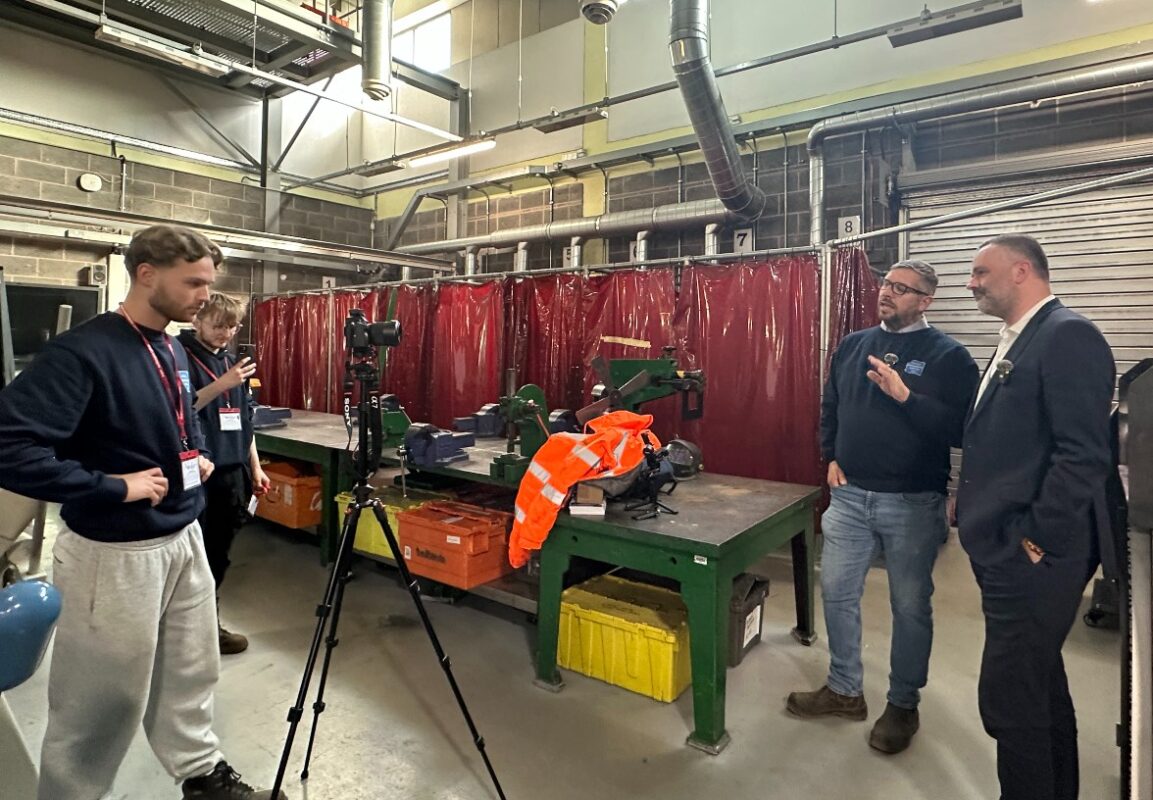


Responses